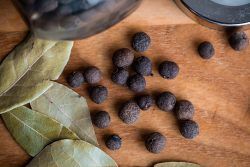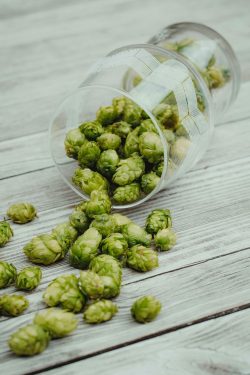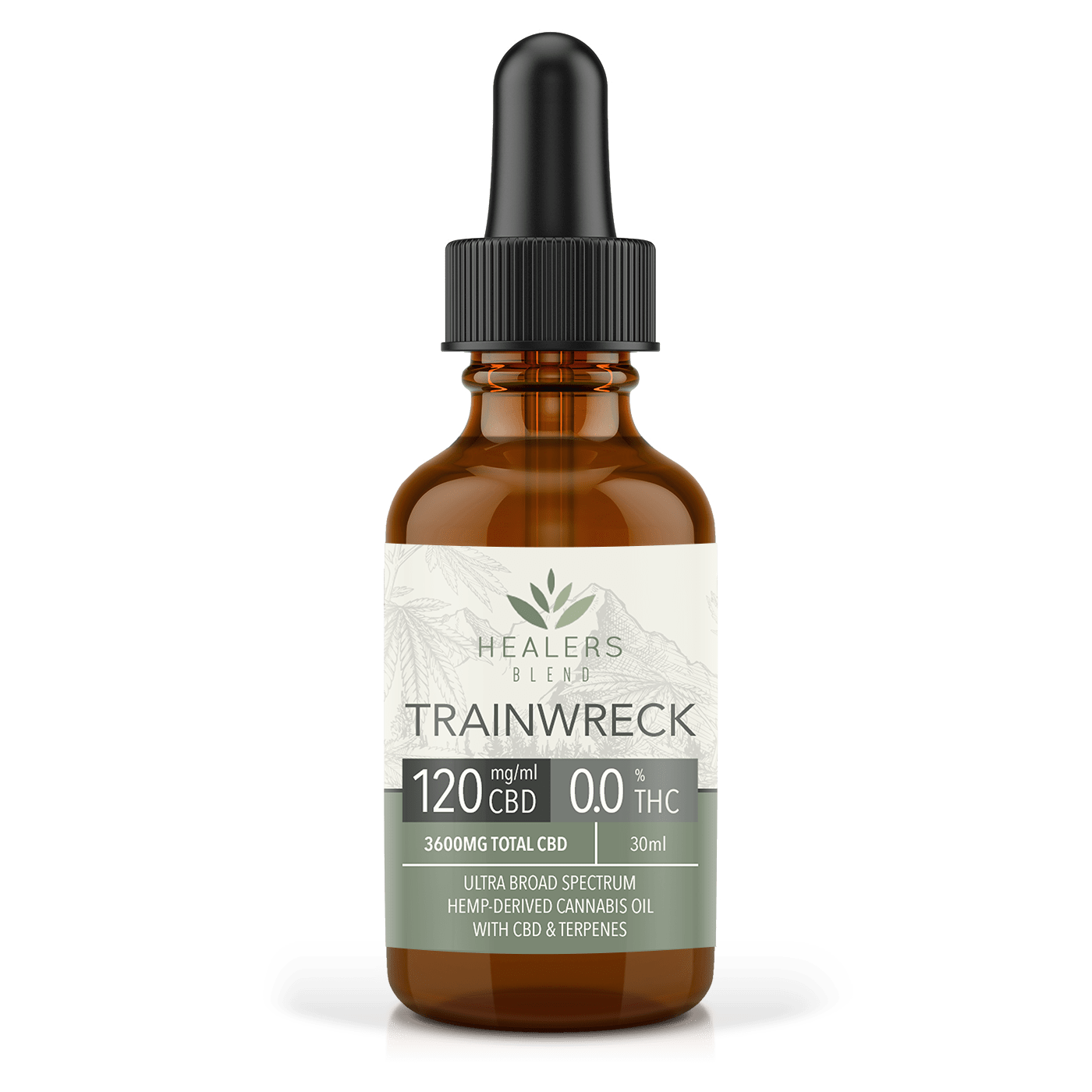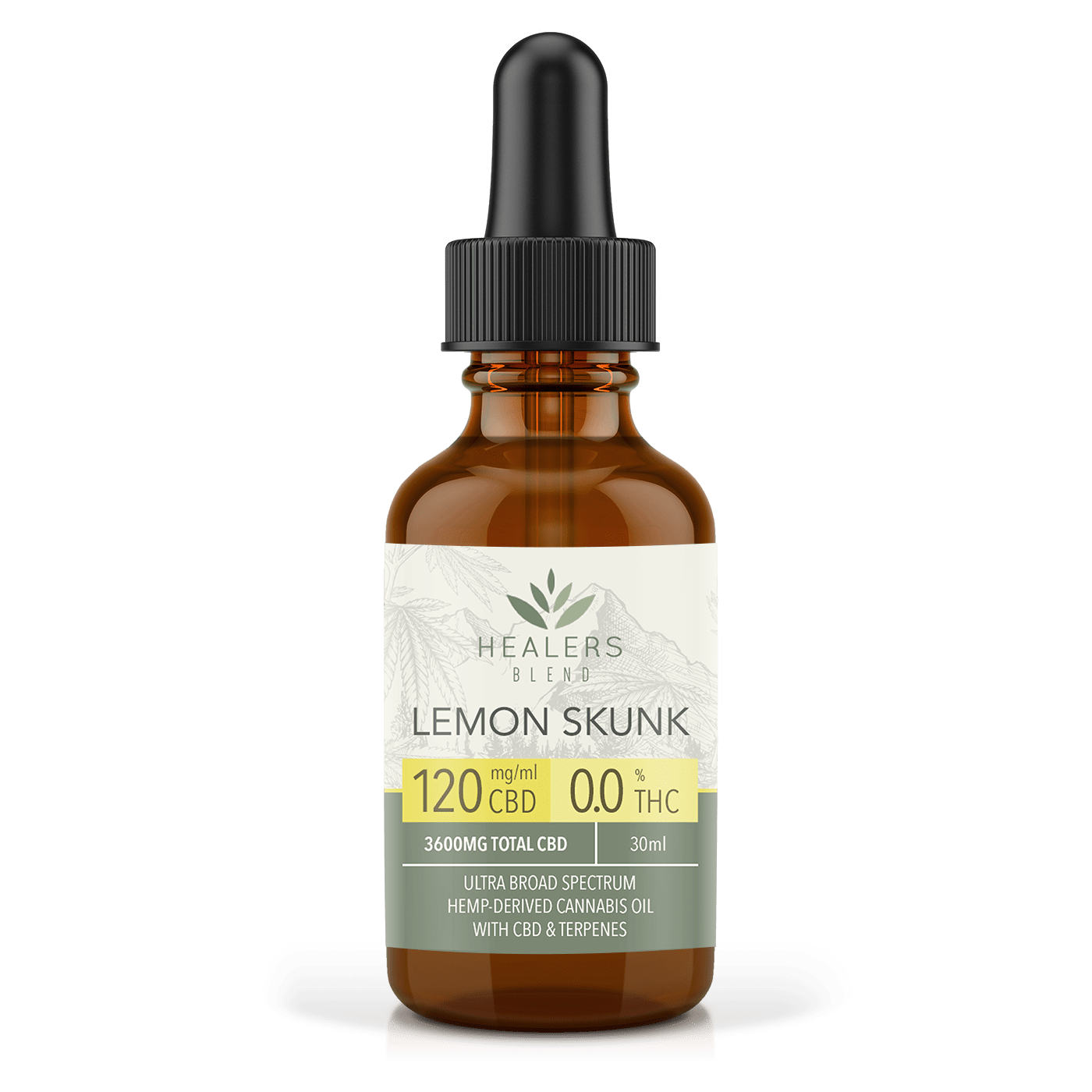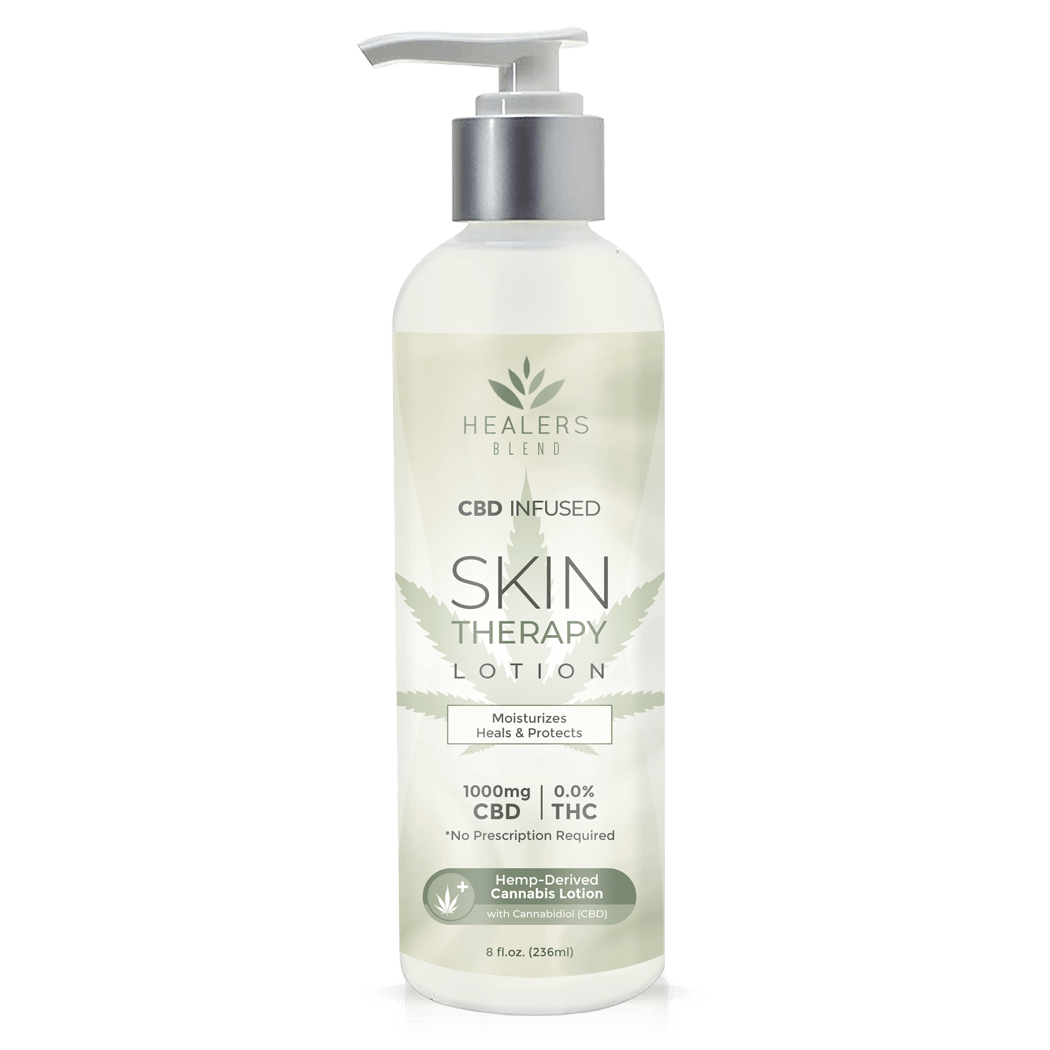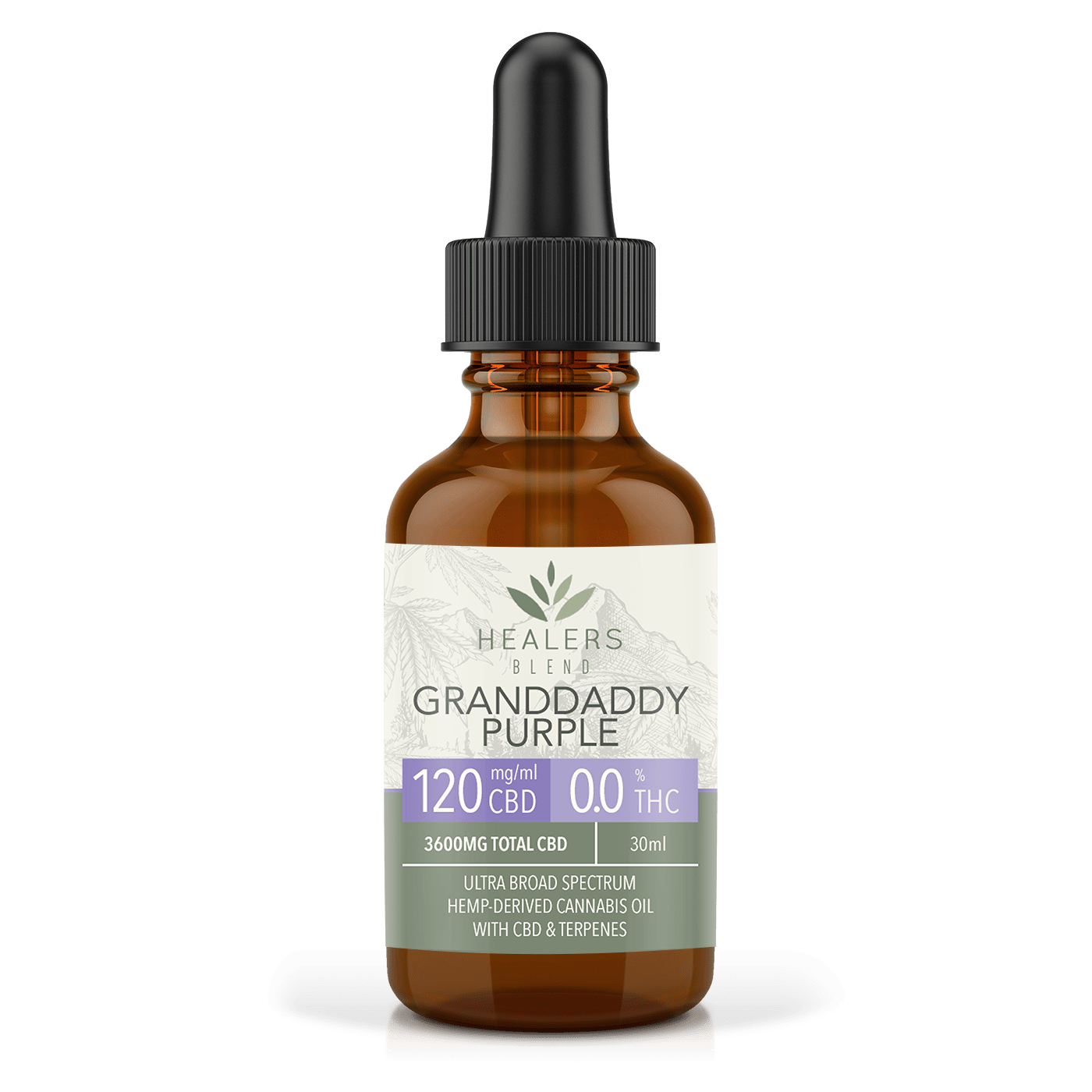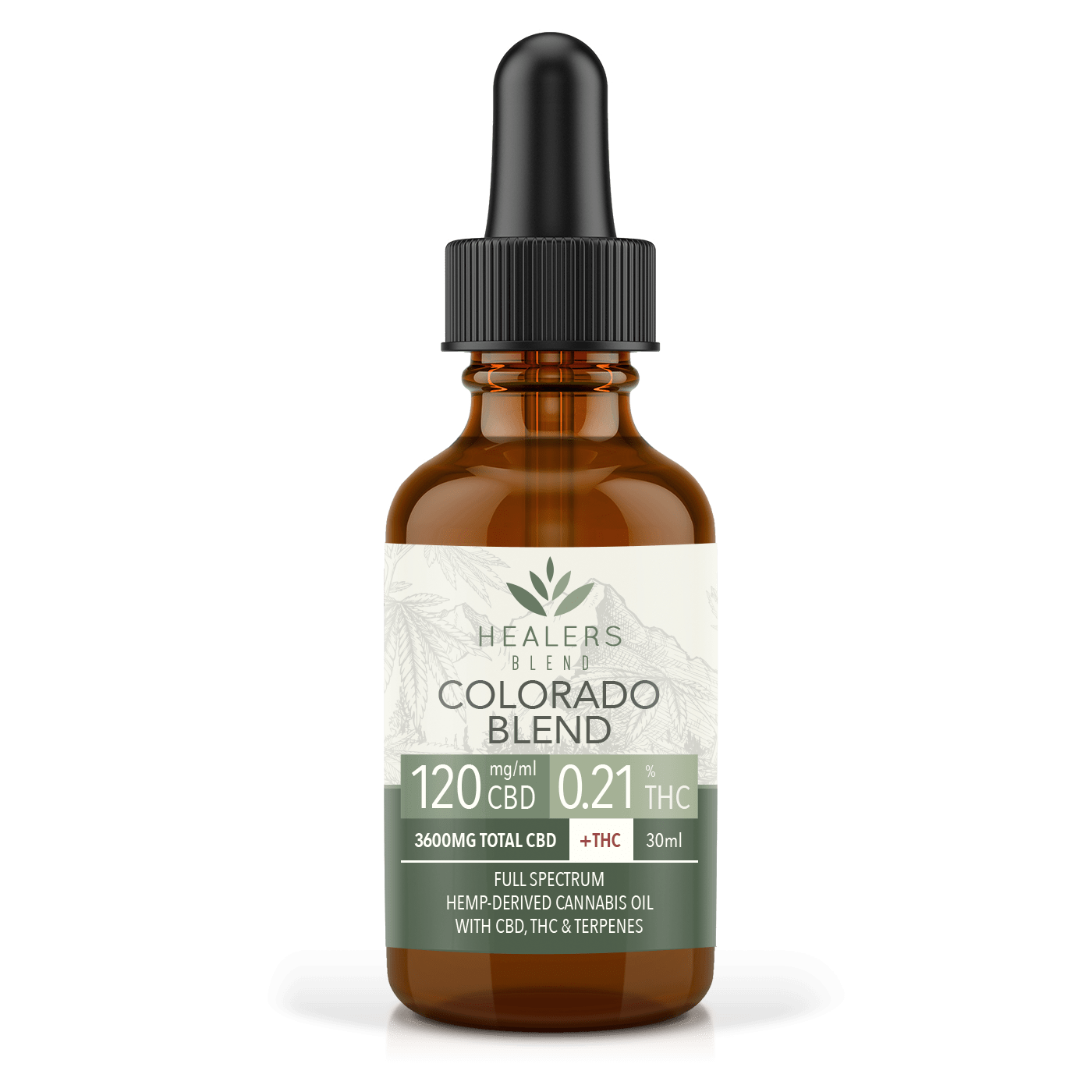Welcome to the Healers Blend Learning Lab! The information in these pages are designed for both the general consumer, as well as, health and medical practitioners seeking to expand their working knowledge of cannabis and the potential of cannabinoid based therapies. While we work to ensure the information in these pages and resources is accurate and up to date, we do not make any claims as to the veracity or totality of the information contained herein. Research into cannabis as medicine is ongoing and our understanding of its many potential benefits continues to grow everyday. Our hope is that you will find this information beneficial and inspiring in your own search to better understand the potential of this incredible plant to increase overall health, vitality, and well-being. CBD products are not approved by the FDA for the diagnosis, cure, mitigation, treatment, or prevention of any disease. We are restricted from making any claims about the efficacy of our specific CBD products to treat or cure any disease or medical conditions. You should always seek the advice of a physician before adding nutritional supplements to your diet. The following information is presented for educational purposes only. Healers Blend provides this information to provide an understanding of the potential applications of cannabidiol. Links to third party websites do not constitute an endorsement of these organizations by Healers Blend and none should be inferred.
Description
Alpha Bisabolol can be found most in the following strains: Super Lemon Haze
Alpha-bisabolol also known as levomenol, is a natural monocyclic sesquiterpene with a mild, floral, peppery odor. It has also been used for hundreds of years in cosmetics because of its perceived skin healing properties. Bisabolol has been effective at blocking the effects of mutagens on genetic integrity in liver cells. Bisabolol has also exhibited strong effects on Campylobacter which are involved in severe food poisoning. Furthermore, bisabolol has been associated with pain relief and neuroprotection, with possible uses in Parkinson’s and Alzheimer’s.
Effects
Analgesic
Anti-cancer
Anti-inflammatory
Antifibrosis
Antifungal
Antocoagulant
Drug Potentiator
Research
Anti-mutagenic /Anti-oxidant
The mutagenic effects of mutagens AFB1, CP, B[a]P, 2-AA and 2-AF were shown to be markedly reduced by alpha-bisabolol. Alpha-bisabolol also inhibited pentoxyresorufin-o-depentylase and ethoxyresorufin-o-deethylase, which are markers for cytochromes CYP2B1 and 1A1 in rat liver microsomes. Since CYP2B1 converts AFB1 and CP into mutagenic metabolites, and CYP1A1 activates B[a]P, 2-AA and 2-AF, the study suggest that alpha-bisabolol antimutagenicity could be carried out by an inhibitory effect on the metabolic liver activation of these promutagens.
Anti-bacterial
Alpha-bisabolol was found to have strong antimicrobial activity against Campylobacter spp. with inhibitory concentrations in the range 0.001-1% (v/v). There was strong anti-Campylobacter activity achieved without adversely affecting the fermentation potential of the model system’s normal flora.
Analgesic/Neuroprotectant
The effect of bisabolol on the function of nicotinic acetylcholine receptor (nAChR) in Xenopus oocytes and interneurons of rat hippocampal slices was evaluated. It was found that bisabolol reversibly and concentration dependently inhibits acetylcholine-induced receptor mediated currents. The effect of bisabolol was not dependent on the membrane potential. Endogenous Ca(2+)-dependent Cl channels were not associated in bisabolol actions. Increasing the concentrations of ACh did not reverse bisabolol inhibition. Furthermore, the specific binding of bungarotoxin was not attenuated by bisabolol. Choline-induced currents in CA1 interneurons of rat hippocampal slices were also inhibited. These positive outcomes can help in protecting specific neurons and fighting against alzheimer’s and parkinson’s.
A-Z Index of Terpenes:
-
Alpha Bisabolol
EFFECTS: Analgesic, Anti-cancer, Anti-inflammatory, Antifibrosis, Antifungal, Antocoagulant, Drug Potentiator.
Learn about Alpha Bisabolol »
-
Alpha Pinene
EFFECTS: Anti-bacterial, Anti-cancer, Anti-inflammatory, Bronchodilator, Memory Enhancer.
Learn about Alpha Pinene »
-
Beta Caryophyllene
EFFECTS: Analgesic, Anti-inflammatory, Antioxidant, Gastric-protective.
Learn about Beta Caryophyllene »
-
Beta Pinene
EFFECTS: Expectorant, Bronchodilator, Anti-inflammatory, Antiseptic.
Learn about Beta Pinene »
-
Borneol
EFFECTS: Analgesic, Anti-cancer, Anti-inflammatory, Antifibrosis, Antifungal, Antocoagulant, Drug Potentiator.
Learn about Borneol »
-
-
-
Eucalyptol
EFFECTS: Anti-Alzheimer's, Anti-Asthma, Anti-bacterial, Anti-cancer, Anti-inflammatory, Antioxidant.
Learn about Eucalyptol »
-
-
-
Limonene
EFFECTS: Anti-anxiety, Anti-cancer, Anti-inflammatory, Antidepressant.
Learn about Limonene »
-
Linalool
EFFECTS: Analgesic, Anti-anxiety, Anti-inflammatory, Anticonvulsant, Sedative.
Learn about Linalool »
-
-
-
-
-
-
Terpineol
EFFECTS: Antibacterial, Antioxidant, Anti-cancer, Sedative, Anti-inflammatory.
Learn about Terpineol »
-
-




